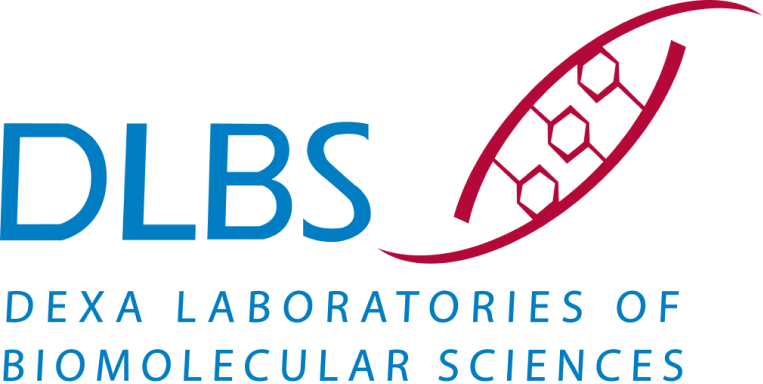
The COVID-19 pandemic has brought significant dynamics to Indonesia's pharmaceutical industry. The pharmaceutical market contracted by -1.6 percent, a steep decline from the usual 5-10 percent growth in normal conditions. Additionally, a supply shock occurred, making it difficult for the country to obtain Pharmaceutical Raw Materials (PRM), with 90% of the PRM needs being imported. The urgency to build domestic pharmaceutical independence for PRM, finished drugs, and medical devices has become evident. Dexa Group, one of the national pharmaceutical industries, is actively driving this pharmaceutical independence.
These points were highlighted during the Advisory Board Sharing Session #7, which featured Mr. Ferry A. Soetikno, M.Sc, MBA, Leader of Dexa Group, as the speaker and Prof. Apt. I Ketut Adnyana, Ph.D., Dean of the School of Pharmacy ITB, as the moderator. The session, organized virtually by the School of Pharmacy at the Bandung Institute of Technology (ITB), focused on the theme "Dynamics of the Indonesian Pharmaceutical Industry" and took place on Saturday, July 2, 2022.
During the session, Mr. Ferry began by explaining the pharmaceutical market dynamics during and after the COVID-19 pandemic. According to him, as the pandemic subsided, the pharmaceutical market rebounded by 18 percent, reaching a market value of IDR 125 trillion in 2021.
The pharmaceutical industry's dynamics during the pandemic were marked by changes in consumer behavior, including increased online health product purchases and reduced face-to-face interactions between healthcare providers and patients at medical facilities during the pandemic's peak.
"We also welcome the Health Minister, Mr. Budi Gunadi Sadikin, for launching the health transformation program, highlighting the pillar of primary care, especially with a preventive approach. We also see how the Indonesian population's mindset, attitude, and lifestyle need to change from curative to preventive measures. Preventive steps to avoid illness and, more importantly, to prevent complications from chronic diseases," explained Mr. Ferry.
The Urgency of Building Independence
In addition, Indonesia faced challenges in its supply chain. Transport, including air and sea distribution, encountered delays and increased costs. Therefore, on June 12, 2020, the Coordinating Minister for Maritime and Investment Affairs, Mr. Luhut Binsar Pandjaitan, convened ministers to discuss the urgency of building independence in three key areas: PRM, finished drugs, and medical devices.
This independence is being built through cross-sector coordination, unifying national strengths, and swiftly reducing import dependency while starting to utilize domestic production.
Indonesia has its strengths, with the national private industry and state-owned enterprises (SOEs) producing 80% of the pharmaceutical value in Indonesia, while multinational companies contribute about 20%. In terms of volume, national pharmaceutical companies contribute 90-95%.
"This figure is significant because, compared to ASEAN countries like Thailand, the composition is 60% multinational and 40% national private. Similarly, in the Philippines and other countries," Mr. Ferry added.
To address this urgency, the government launched several initiatives, including the Domestic Product Usage Enhancement Program (Peningkatan Penggunaan Produksi Dalam Negeri (P3DN)), Local Content Requirement (Tingkat Komponen Dalam Negeri (TKDN)) policy for the 2021-2022 e-catalog, Proudly Made in Indonesia (Bangga Buatan Indonesia(BBI)) program, and the Phytopharmaca Formulary.
The health transformation program was also launched to address Indonesia's relatively low healthcare spending compared to countries like Malaysia and Singapore. This indicates a significant potential for expansion and growth in the pharmaceutical industry.
"In his speech at the People's Consultative Assembly of the Republic of Indonesia session on August 16, 2021, President Jokowi stated that independence in drug, vaccine, and medical device industries remains a serious weakness that must be resolved. The head of state emphasized this serious issue while recognizing our strength to build and accelerate the development of the health industry," said Mr. Ferry.
The Pharmaceutical Entrepreneurs Association supports the roadmap for pharmaceutical independence through PRM, biological products, vaccines, and natural and chemical APIs.
"For each segment, pharmaceutical raw material industries are committed and investing to establish the pharmaceutical industry in Indonesia. Dexa has been involved since 2005 through DLBS because we believe Indonesia's biodiversity must be utilized," Mr. Ferry explained.
Dexa Group's Role in Supporting Pharmaceutical Independence
Dexa Laboratories of Biomolecular Sciences (DLBS) researches bioactive fractions for targeted diseases. Mr. Ferry highlighted DLBS research outcomes, such as Inaclin for diabetes mellitus, Redacid, and Asimor.
"We develop a long value chain. Herbal raw material production involves farmers, OMAI raw materials, and results in phytopharmaca used in the domestic market, such as the National Health Insurance program," explained Mr. Ferry.
Currently, Dexa Medica's research has produced three out of five phytopharmaca available, and many more candidates are under investigation.
"In conclusion, our efforts are not always smooth; research activities are not easy. However, we consistently adhere to proper principles and evidence-based approaches, securing patent IP rights. We are planning to enrich phytopharmaca to ensure availability and reduce PRM dependency through collective efforts," Mr. Ferry concluded.
